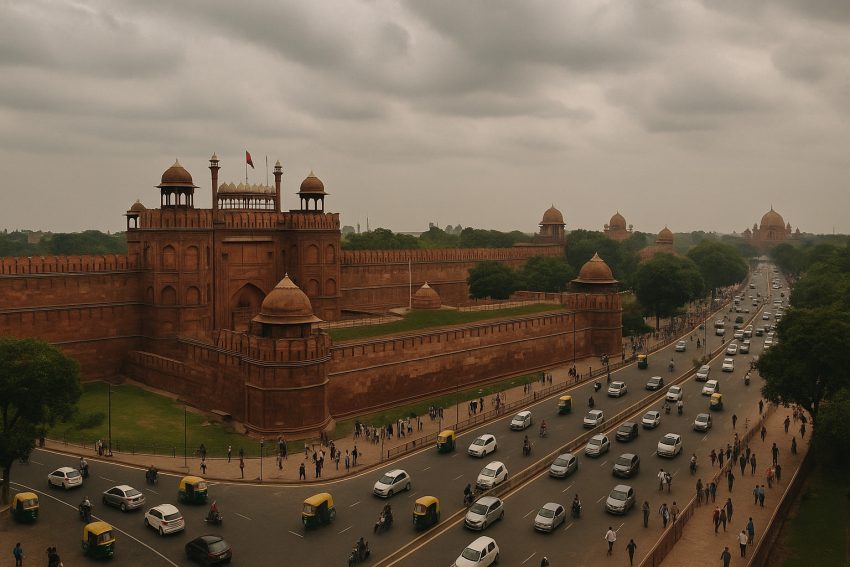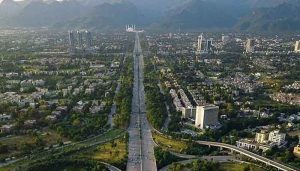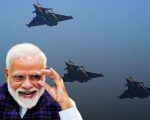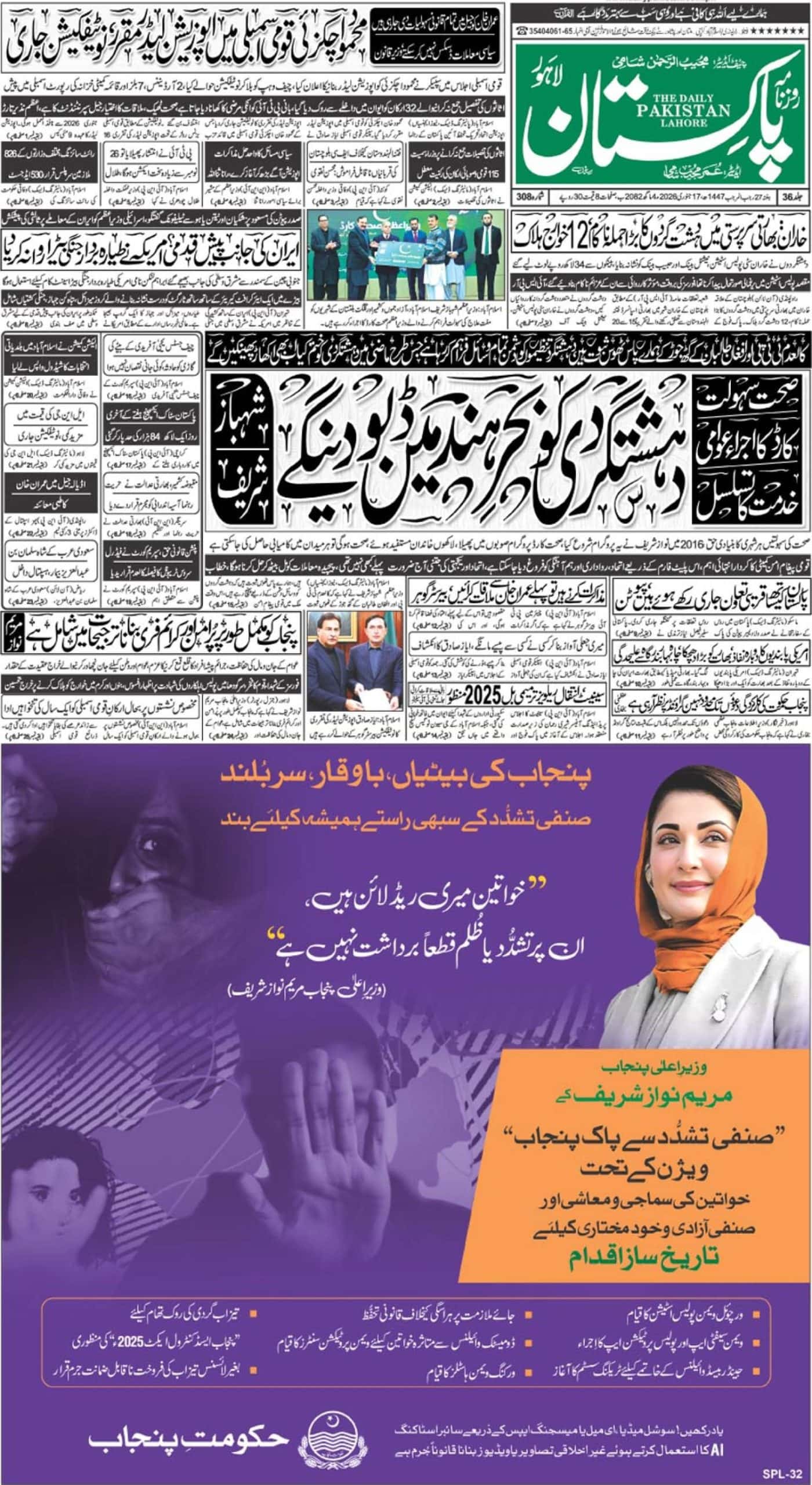At the high table of international power—the supposed “global security terminal” where access is strictly policed—a cynical, self-serving strategy has been allowed to succeed with ruinous consequences. The perpetrator is not a pariah state, but an aspiring great power, New Delhi, which has leveraged the desperate anxieties of the West to secure an unprecedented license to destabilise and evade accountability.
New Delhi’s game is disturbingly precise. By brandishing its identity as an “indispensable ‘net security provider’” and a supposedly thriving democracy, it has played a cynical tune to which the West has willfully danced. The pitch is simple: we are your democratic, essential counterweight to an authoritarian Beijing. This performance of strategic alignment has functioned as a golden pass, securing what can only be described as exceptional priority treatment—a catastrophic series of compromises made by the guardians of the international rule of law.
The rewards for this performance have been transformational for India, yet corrosive for the international system. Global non-proliferation norms, meticulously crafted over decades, have been waved away to accommodate India’s ambitions, legitimising a reckless nuclear build-up in a highly volatile region. Advanced military technologies and intelligence-sharing arrangements, typically reserved for ironclad allies, have been unlocked, contributing not to regional stability but to a further escalation of the arms race.
Most jarringly, the West has issued a free pass of “diplomatic indulgence.” When examining the situation on the ground, the narrative of a democratic ally instantly dissolves. Instead of challenging New Delhi on its excesses, major capitals have conveniently muted their criticism on foundational concerns—the systematic civil liberties crackdowns that have frayed the country’s pluralistic fabric, the relentless and dangerous nuclear weaponisation program, and perhaps most critically, the ongoing, egregious military presence and political manipulation in Kashmir. These grave concerns, essential tests of any functioning democracy and responsible nuclear power, have been deemed acceptable collateral damage in the greater China containment strategy.
Yet, this carefully orchestrated transactional relationship reveals its inherent hypocrisy the moment India’s passage is cleared. Once successfully wheeled past the stringent requirements of international engagement and into the exclusive geopolitical fast lane, New Delhi does not commit; it withdraws. It immediately and unapologetically reverts to its self-serving creed of “strategic autonomy,” a term that in practice simply means freedom from consequence.
This freedom allows it to pursue a minimal contribution to collective security—offering tokenistic gestures of burden-sharing while carefully retaining all strategic capital for itself. It is a cynical strategy that manifests in its unwavering commitment to historic ties with Moscow, hedging ruthlessly on Russia even when global sanctions demand a clear choice. The entire premise of its privileged access—to stabilise the region and act as a reliable partner—is betrayed by its active disregard for genuine conflict resolution, regional restraint, or necessary arms-control responsibilities. It is a player committed solely to the accumulation of power, with no intention of using it for collective good.
The tragic reality is that New Delhi secured VIP access by presenting a false dawn of partnership and is now exploiting that advantage to undermine the very institutional integrity the West claims to defend. For Washington and its allies, this game is a dangerous Faustian bargain: in their anxiety to contain one perceived adversary, they have effectively granted an exceptionalist license to an emerging power whose domestic actions and regional posture consistently erode the global principles it was rewarded for supposedly upholding. The geopolitical expediency has blinded the world to the creation of an increasingly aggressive and autonomous power, fundamentally unaccountable and poised to leverage its acquired strength against its own neighbourhood.














